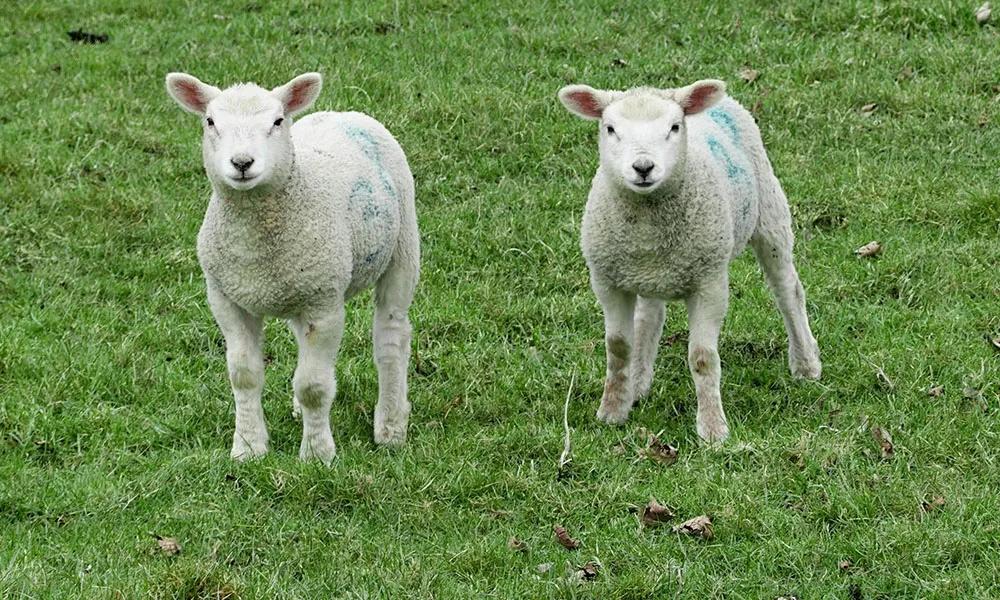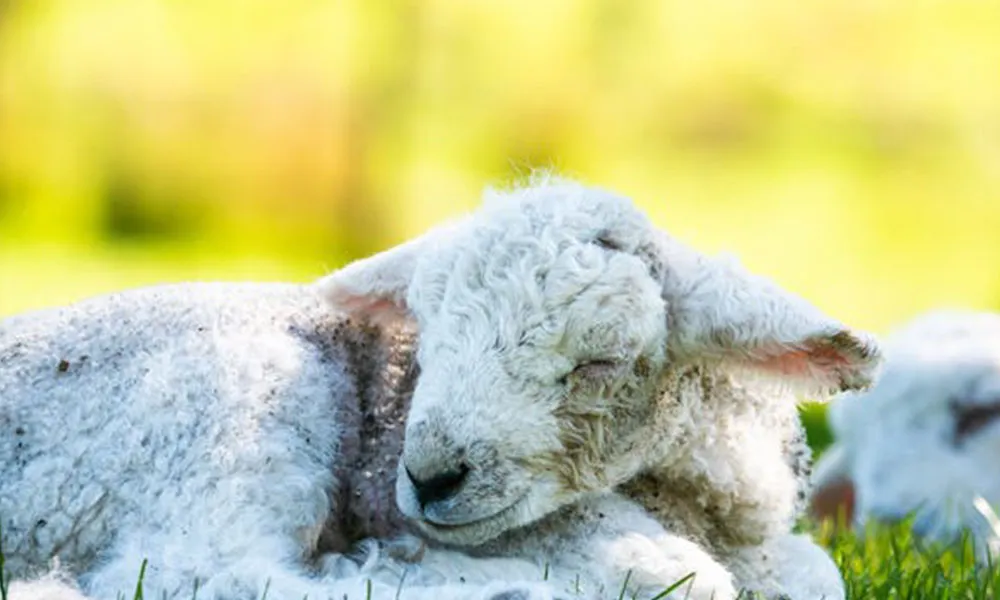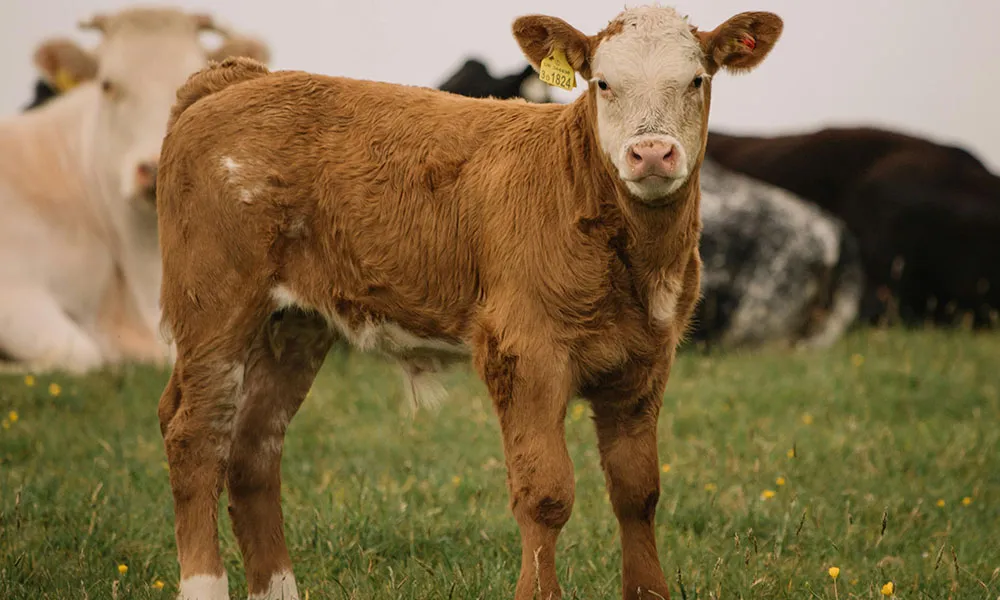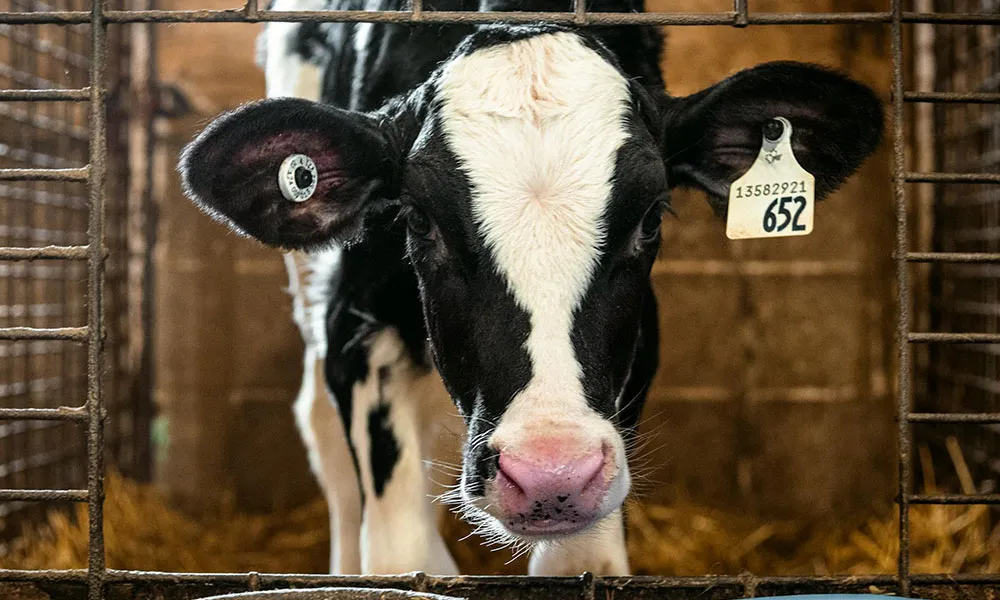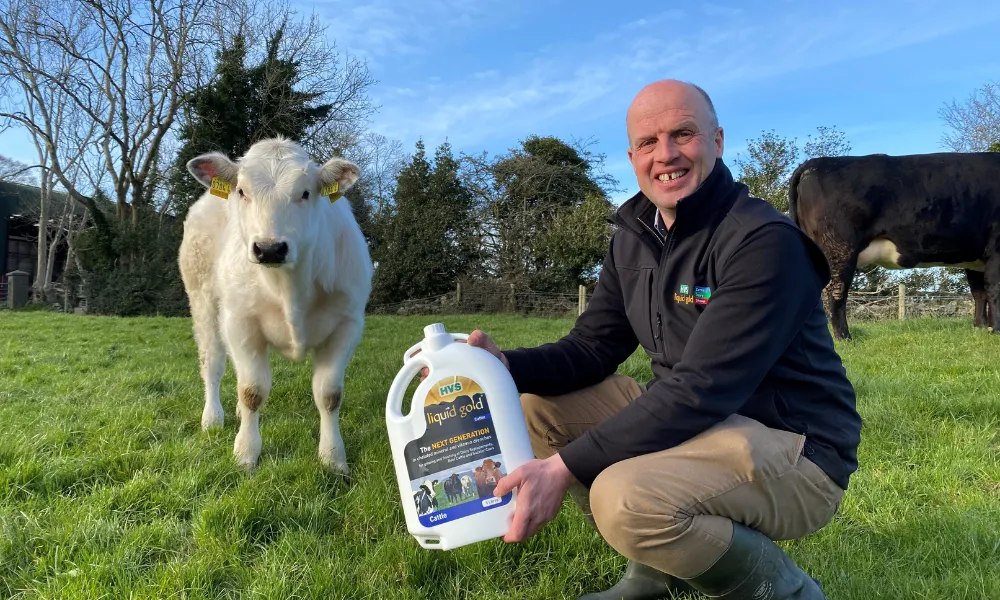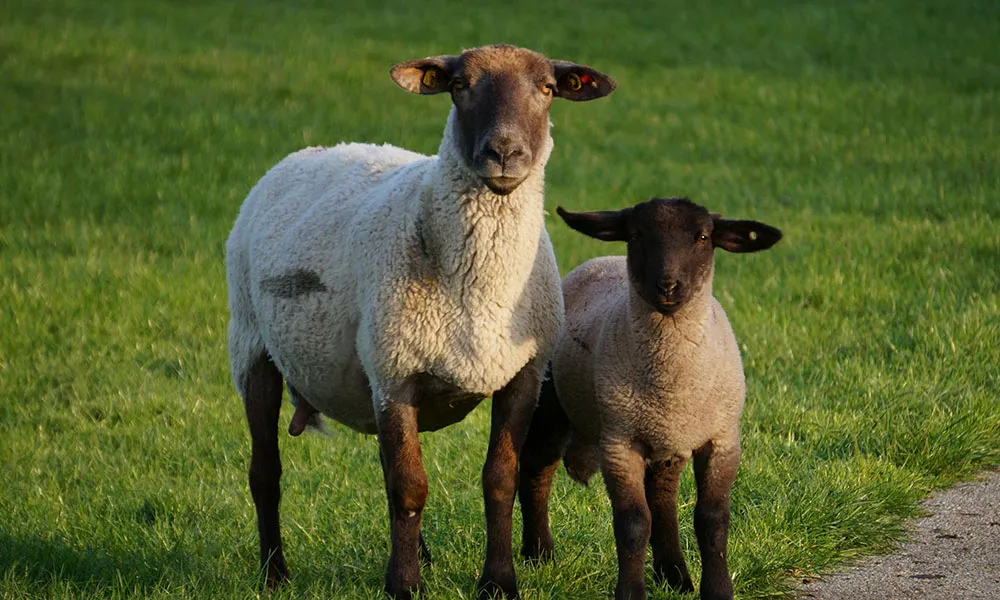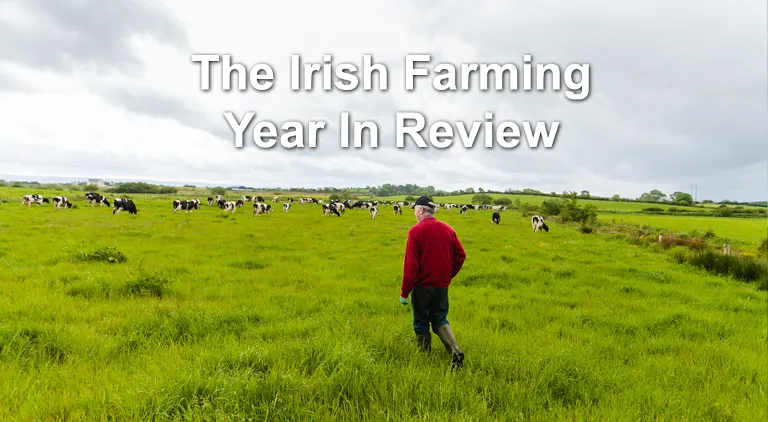
Jan: Brexit, Brexit, Brexit.
The year began with no resolution or divorce settlement agreed on the Brexit issue.
With a UK leave date of March 29th 2019, there was an unclear picture of how our nearest trading partners departure from the EU would affect the agricultural sector.
There were months of talks, calculations and speculations.
Border controls on agricultural goods and livestock would be a nightmare scenario for Irish farmers and Brexit dominated the news.
Farmers in border counties face the added concerns of border restrictions, whether ‘soft’ or ‘hard’.
There was no appetite for a return to the days of closed rural byroads in Leitrim, Louth and Fermanagh.
February-March:
Beef exports to Germany are on the up and Bord Bia launch a campaign to support this growing market.
Ireland is expected to export up to 30,000t of beef to Germany by 2018.
The Department of Agriculture announced that the Basic Payment Scheme and the Greening Scheme were open for online applications. Ongoing problems with the faulty I.T. system used for paying farmers under the GLAS and Tams Schemes caused delays in payments of up to eight or nine months.
The weather remained wet and challenging.
April -May:
A Burning Issue. Forest fires raged across the country.
Over a third of Ireland’s largest forests are destroyed by gorse fires.
At one point up to thirty gorse fires were raging, mainly in Roscommon, Galway and Sligo.
The Department of Agricultural has not paid out on the BPS payments (Basic Payment Scheme) to all farmers affected by last summer’s devastating fires. Burned land may be deemed ineligible for this payment and struggling hill farmers may lose out on payments through no fault of their own.
President of the IFA Joe Healy has gone on record saying that farmers cannot be penalised when there is no proof that they caused the fires.
June 2017:
Farm Safety needs to be a priority on Irish holdings.
A survey by the ECRI confirms that farming is 10 times more dangerous than the average occupations.
Farming accidents continued to dominate the news as a one year old child dies in a farming accident in Co Kilkenny and a Sligo man dies in a tractor accident.
The Health and Safety Authority issued its first update in 11 years, to the Farm Safety Code of Practice.
The HSA says the new version “has been developed to reflect technical progress in the sector, changes in farming practice, equipment and accident trends”.
July 2017:
Tillage farmers facing a fourth year of losses, occupied the Department of Agriculture office in Kildare Street for six days seeking full details of the tillage scheme to aid farmers who suffered bad harvests.
August 2017:
Wet weather dominated and delayed the harvesting and reduced the tillage farming incomes considerably.
Water logged fields and lots of rain saw a worrying cutting season for many farmers.
In other news, people receiving the social welfare and farm assist payments were asked to do the milking.
A pilot scheme to tackle the shortage of labour on dairy farms, saw jobseekers participating in a four weeks training course with Teagasc before heading to the dairy sheds in the South East.
September:
Rain, rain and more rain.
The wettest Ploughing Championships in many a year took place in September 2017.
Yet, there were almost 300,000 soggy visitors, about 300 competitors and almost 2 million feet of Trading Space in Ireland’s favourite festival of agriculture.
October: Ophelia.
Ireland’s largest storm in years hit farmers countrywide.
Munster suffered the worst of the wild weather with trees down and power outages, making milking difficult.
There was plenty of warning so that animals were moved to safe ground and anything that could be lifted was tied down securely.
Gusts up to 141 km per hr were recorded as farmers chose to stay indoors till the storm passed and the damage was tallied.
A €700m cash boost for 111,000 farmers as EU Basic Payment Scheme (BPS) and greening payments were paid early.
On the downside, the commission auditors from the EU are likely to slap a penalty of millions of euro, over land claimed by Irish farmers for their Basic Payment Scheme (BPS) which may not be eligible.
IN 2013, Ireland was fined €181m and issued a warning that reoffending would have serious consequences for Ireland.
Some 2,500 farmers lost a portion or all of their BPS grant in 2016, for breaching the compliance rules for the scheme.
November:
Thirty one year old PJ O’Keeffe, a dairy farmer from Co Kilkenny is announced as the new FBD Young Farmer of the Year 2017.
In the 19th year of the competition.
Dairy farmers had a bonanza year as prices improved significantly from 2017.
Kerrygold butter went on sale in South Korea and went to court in Wisconsin.
December
The Irish Grain Growers group protested outside the Guinness Storehouse over the continuing dispute on malted barley pricing.
Brexit negotiations dominated the headlines at the end of the year, just as they did at the start.
The two countries eventually agreed on full alignment of Northern Ireland and the Republic post-Brexit and a soft border seems possible. The DUP found themselves at the centre of power.
The deal has huge implications for agricultural trade between the islands of Ireland and Britain.




